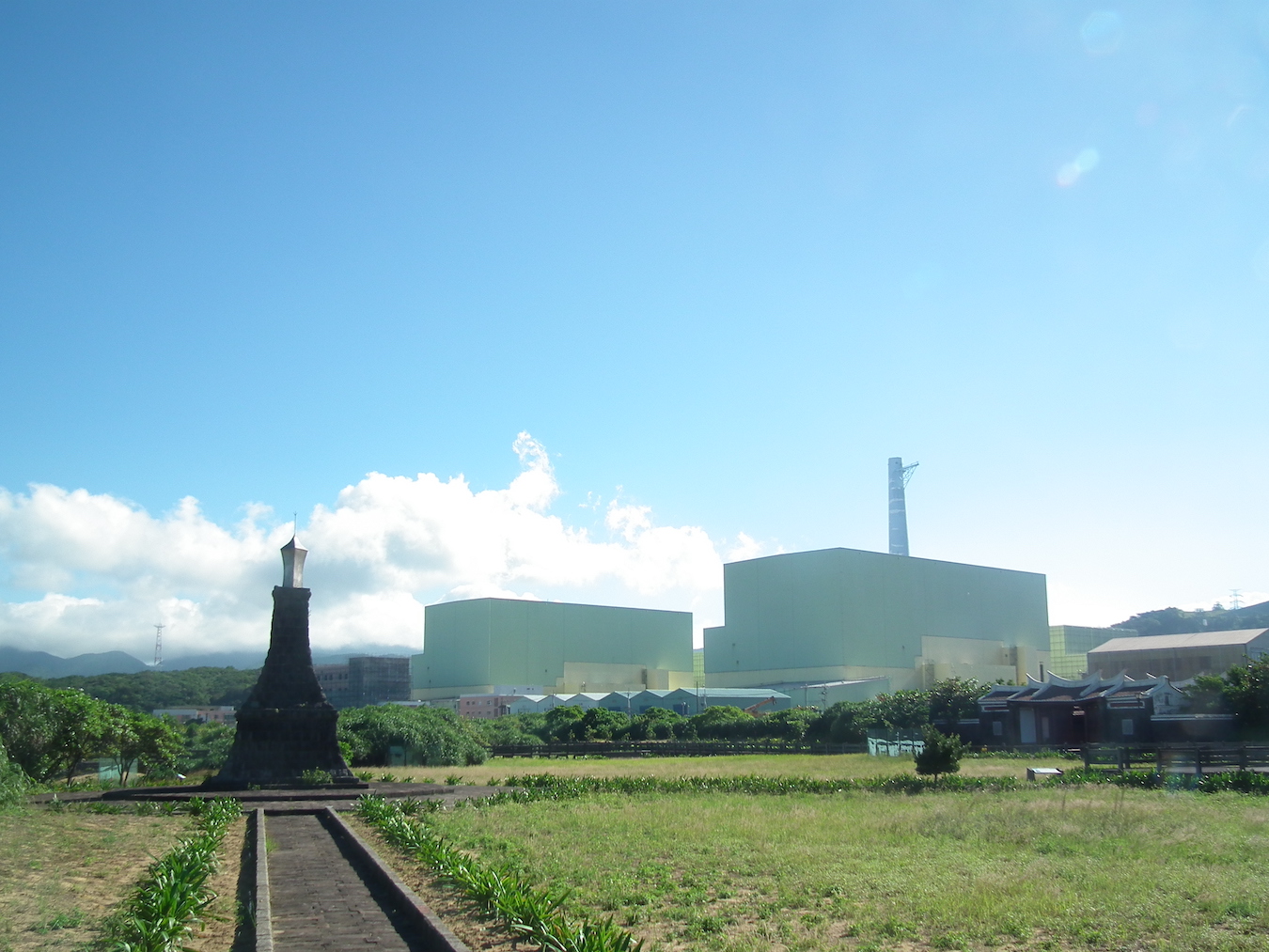by Brian Hioe
語言:
English
Photo Credit: Mastehr/WikiCommons/Public Domain
A HIKE IN electricity prices that started on Monday will likely lead to another round of political contestation between the pan-Blue and pan-Green camps. In particular, the pan-Blue camp will probably try to redirect public anger regarding the price hikes to push for nuclear energy, in line with its energy platform.
Price hikes aim to avoid the impact on average households, with prices increasing by 3% to 5% for most individuals. For industrial users, however, the impact will be up to 25%.
The TPP and KMT proposed to freeze the price hike. However, as the two pan-Blue parties could not come to an agreement with the DPP, both the pan-Blue and pan-Green camps will next move to negotiate.
This has raised some questions as to what would occur if, in the process of negotiating, the decision is made not to raise prices. Taipower, then, may have to reverse course in short order. For its part, Taipower has pointed to losses of 382.6 billion NT as necessitating the price increase.
The government has sought to avoid electricity price hikes in past decades, particularly wary of the potential retaliation from voters at the polls. But with the DPP currently in control of the government, the DPP finds itself in the position of needing to raise electricity prices even if this could lead to blowback from voters.
Indeed, if the KMT held power instead, the DPP and KMT would likely have opposite positions, and the DPP would likely leverage on the issue in order to attack the KMT. This has occurred with regard to energy policy in Taiwan before, such as pertaining to plans for the construction of a liquified natural gas terminal that was to be built off of the coast of Taoyuan–even if this threatened a thousands-year-old coral reef.
 Reactor No. 4. Photo credit: Toach japan/WikiCommons/CC BY-SA 3.0
Reactor No. 4. Photo credit: Toach japan/WikiCommons/CC BY-SA 3.0
Either way, there have long been concerns about whether electricity prices have been kept artificially low in Taiwan. Namely, apart from potential retaliation from voters, Taiwan has long had an imperative to keep businesses in Taiwan rather than relocating manufacturing to China, where costs would be cheaper. This is all the more the case at a time of rising geopolitical tensions, in which part of the incentive for other countries to defend Taiwan is because of global reliance on Taiwanese semiconductors.
As such, there have also been concerns in the past regarding the frequent power outages that Taiwan sometimes sees during periods of high usage, such as in the summer. It is feared that businesses may relocate because of fears regarding the impact on production. Likewise, this has also led to concerns about water shortages, and the potential impact on notoriously water-hungry semiconductor manufacturing.
One notes that such issues are not exclusive to Taipower, as a state-owned enterprise. The Taiwan Railways Administration (TRA) recently reorganized and corporatized to become a state-owned corporation rather than a section of government, because of substantial debt and losses of the TRA. As such, there are a number of issues regarding the profitability of state-run enterprises in Taiwan.
Nonetheless, the KMT’s framing of the issue is further of note. That is, the KMT has claimed that the need for price hikes is only because of the DPP’s refusal to use nuclear energy. The KMT has long been the pro-nuclear party in Taiwanese politics and, unlike other issues, the KMT and the DPP do not trade positions on nuclear energy when in and out of power. The KMT calls for the restart of shuttered nuclear reactors including the controversial Reactor No. 4, and in the past presidential election cycle called for small-scale reactors to be built around Taiwan.
Indeed, the claim that price hikes would not occur if only nuclear energy was used is somewhat questionable. But one has seen similar with the KMT’s framing of the DPP’s positions. For example, the KMT claimed in the 2024 election cycle that low salaries in Taiwan facing young people were only due to the DPP blocking the relevant provisions of trade agreements with China such as ECFA. Yet if there is indeed a wave of outrage against the DPP over the price hikes, one can expect that the KMT will try to divert this back to support for its traditional policy platforms.

